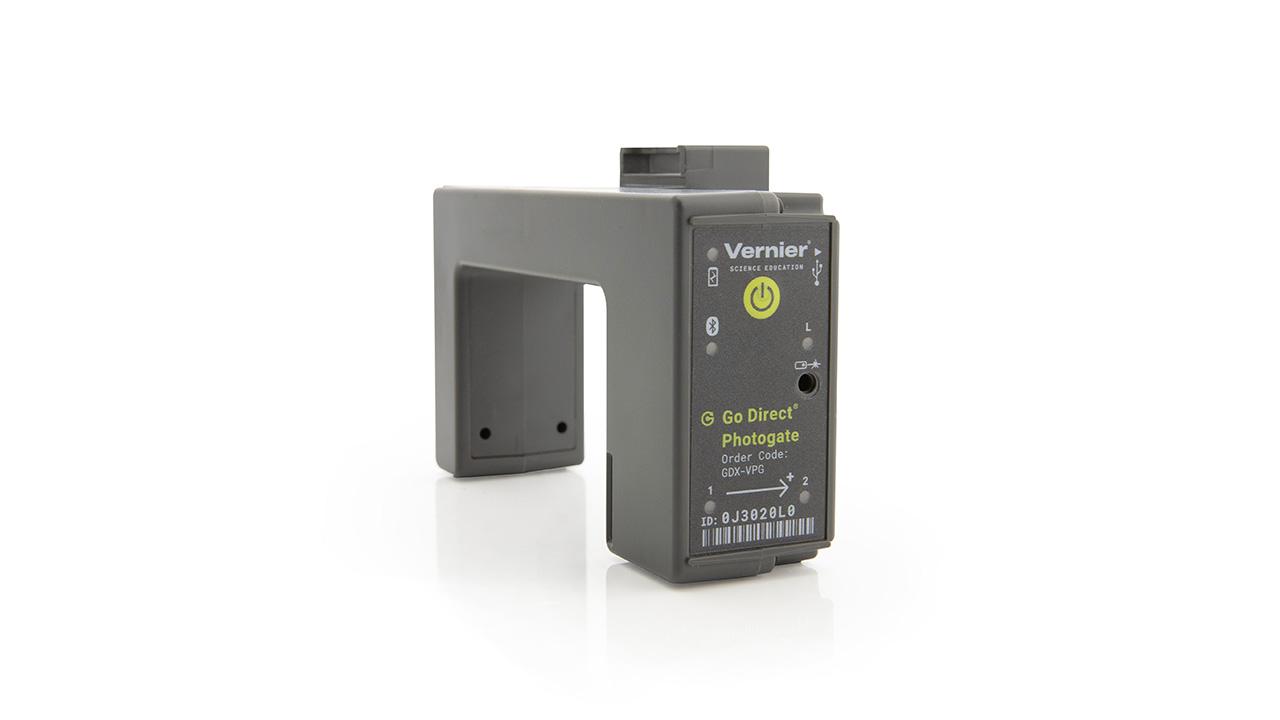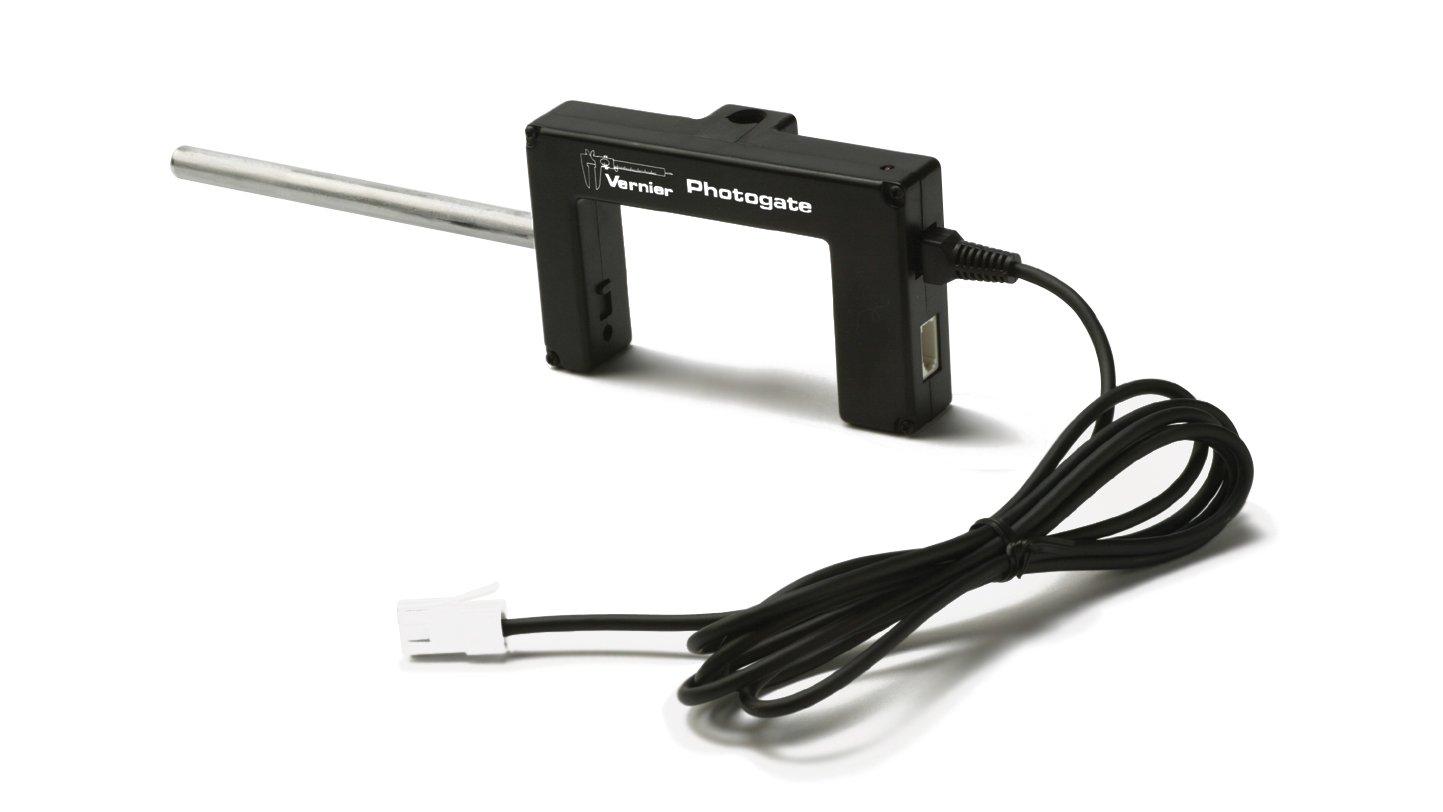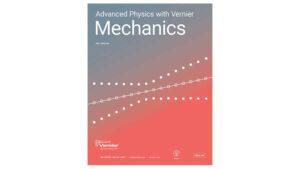
Introduction
In Experiment 1, “Motion on an Incline”, you may have noticed that the slope of the v–t graph, which we call acceleration, increased as the height of the ramp increased. It seems reasonable that the maximum value of the acceleration could be obtained when the ramp was in a vertical position. In this experiment, you will use different apparatus to determine the acceleration of a freely falling object. Once you have done this, you will address the following questions:
- How do I decide if the value I obtained is “close enough” to the accepted value?
- If I were to repeat the experiment several times, within what range would I expect my values to fall?
This experiment affords you the opportunity to understand variations in experimentally determined data.
Objectives
In this experiment, you will
- Determine the value of the acceleration of a freely falling object.
- Compare your value with the accepted value for this quantity.
- Learn how to describe and account for variation in a set of measurements.
- Learn how to describe a range of experimental values.
Sensors and Equipment
This experiment features the following sensors and equipment. Additional equipment may be required.
Ready to Experiment?
Ask an Expert
Get answers to your questions about how to teach this experiment with our support team.
- Call toll-free: 888-837-6437
- Chat with Us
- Email support@vernier.com
Purchase the Lab Book
This experiment is #2 of Advanced Physics with Vernier — Mechanics. The experiment in the book includes student instructions as well as instructor information for set up, helpful hints, and sample graphs and data.




